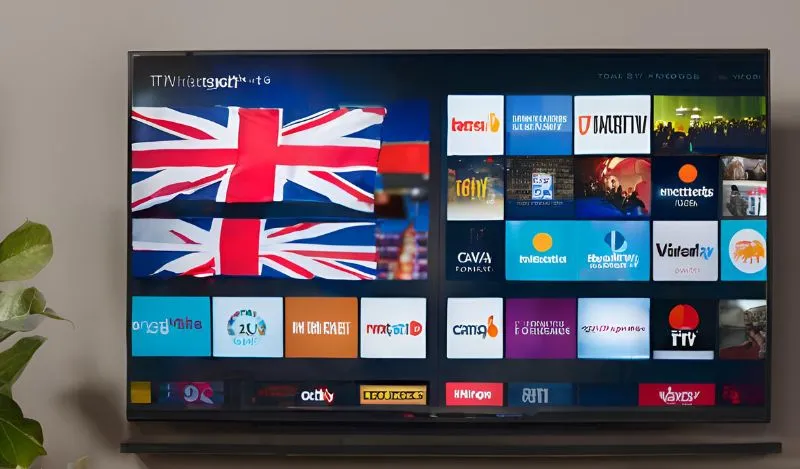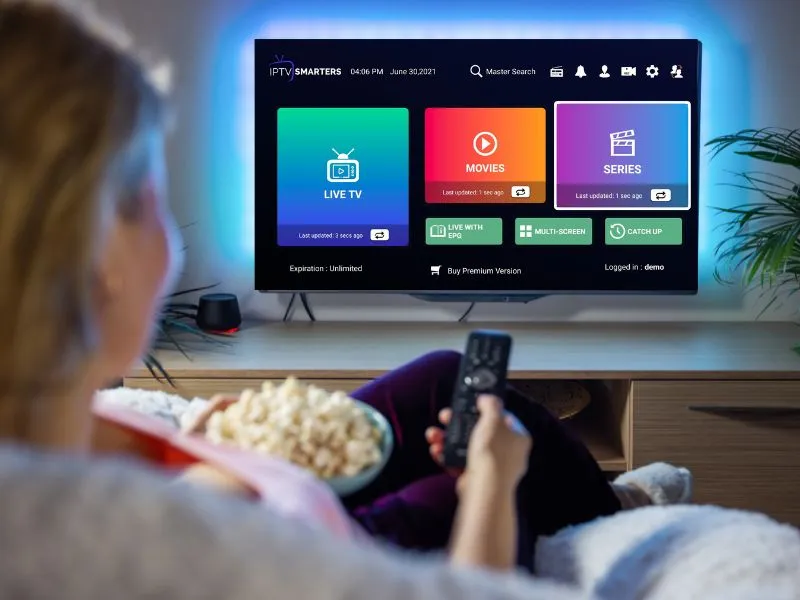is iptv legal ?
The topic of IPTV (Internet Protocol Television) legality is a big deal today. More people are looking for new ways to stream TV, so it’s important to know the legal side of IPTV. This part will cover the legal aspects of IPTV in the U.S. It aims to help readers make smart choices about what they watch.
IPTV uses the internet to send TV shows and movies to viewers. It’s cheaper and more flexible than traditional TV services. But, IPTV’s legality depends on where the content comes from, who provides the service, and where the user is. We’ll look into the legal side of IPTV, including the risks and benefits of legal IPTV subscriptions.
Defining IPTV and Its Legal Landscape
IPTV has changed the way we watch TV, bringing entertainment straight to our devices over the internet. This new service has made people wonder if it’s legal. It’s key for those thinking of switching from traditional TV to know about IPTV’s legal side.
What is IPTV?
IPTV uses the internet to send TV shows to viewers. It’s different from old TV which needed cables or satellites. IPTV lets you watch shows when you want, giving you more control over your viewing.
Legality of IPTV Services
Whether IPTV is legal is a tricky topic. Some IPTV services are okay, but others break the law by not respecting copyright rules. It’s important for users to check if the IPTV they want is legal. Using illegal IPTV can lead to big problems.
| IPTV Service | Legal Status | Potential Risks |
|---|---|---|
| Authorized IPTV Providers | Legal | Minimal legal risks, as they operate within the bounds of content licensing and distribution agreements. |
| Unauthorized IPTV Services | Illegal | High legal risks, as they may infringe on copyrights and content distribution rights, potentially leading to fines or legal consequences for users. |
Knowing about IPTV’s legal side helps users make smart choices. This way, they can enjoy their favorite shows without breaking the law.
Is IPTV Legal?
IPTV (Internet Protocol Television) has sparked a lot of debate about its legality. It lets viewers watch TV through the internet. But, its legal status varies by service and how it shares content.
What makes IPTV legal or not is where it gets its content from. Legitimate IPTV services have the right licenses and follow copyright laws. This means they pay the creators and follow the same rules as regular TV providers.
But, illegal or pirated IPTV services don’t have the right to share content. They break copyright laws. These services might offer lots of channels, movies, and events. But, they’re not legal and can put users at risk.
So, IPTV’s legality depends on the service and how it shares content. Users should be careful and check if an IPTV service is legal before using it. Using an illegal IPTV service can lead to fines, legal trouble, and risks to your data or device.
Factors Determining the Legality of IPTV
The legality of IPTV services depends on two main things: content licensing and copyright laws. IPTV providers must have the right permissions to share the content with their users. They need to get licenses from content owners like TV networks, movie studios, and sports leagues.
Content Licensing and Copyright Laws
Without the right licenses, IPTV services can be illegal. They might be breaking the copyrights of the people who made the content. Legit IPTV platforms get licenses from content providers to stay legal. Users should watch out for IPTV services that don’t show they have licenses. These might be breaking the law.
It’s important for both IPTV providers and users to know the legal rules around IPTV. By learning about licensing and copyright laws, users can pick IPTV services that follow the law. This helps users avoid legal trouble and supports the creators and distributors of the content.







